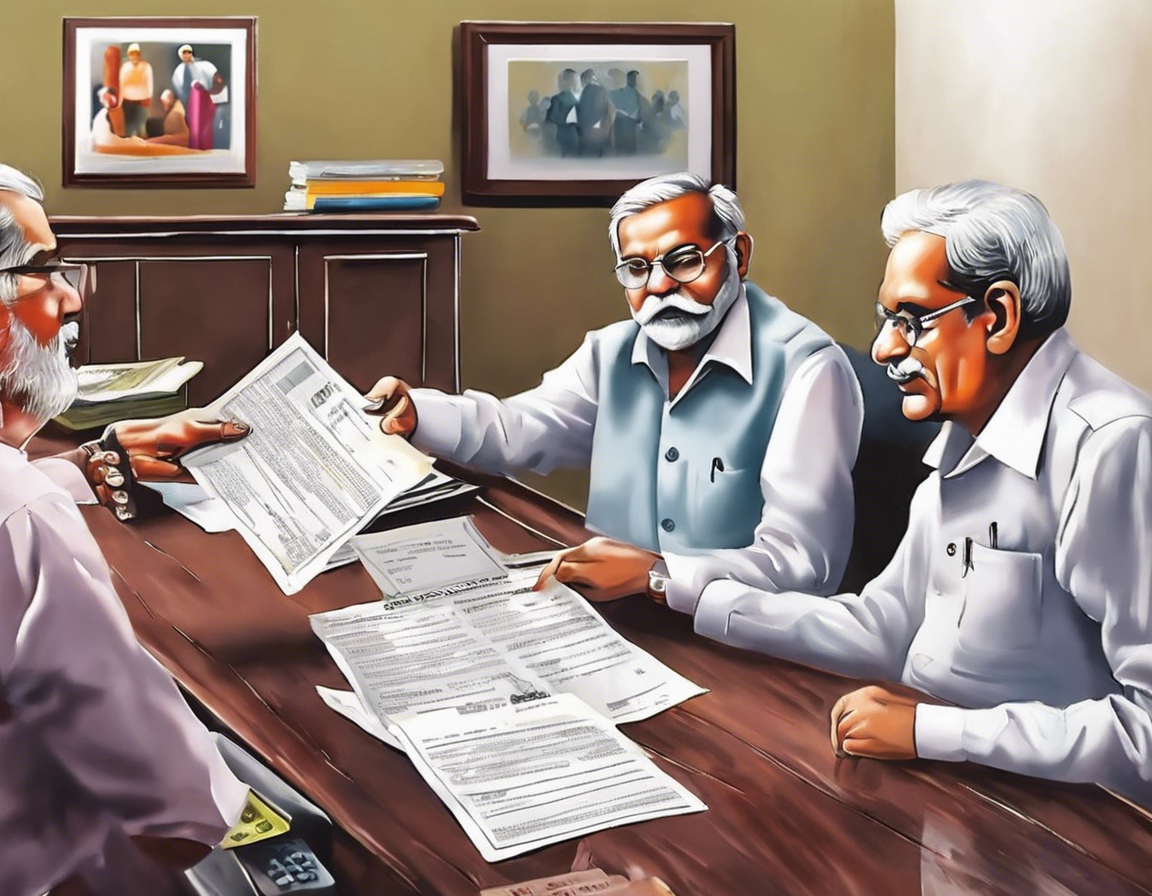The 8th Pay Commission is a significant event that affects millions of government employees in India. It plays a crucial role in determining the salaries, allowances, and perks of these employees. Here are some important dates to remember in the context of the 8th Pay Commission:
Background of Pay Commissions in India
Before delving into the details of the 8th Pay Commission, let’s understand the significance of Pay Commissions in India. Pay Commissions are constituted by the Government of India at regular intervals to review and recommend changes in the pay structure of its employees. These commissions play a pivotal role in ensuring fair remuneration for government employees in line with economic conditions.
Important Dates Related to the 8th Pay Commission:
Formation of Commission
The formation of the 8th Pay Commission is a multi-step process that begins with the appointment of a chairperson and members. The Government of India usually announces the formation of the Commission through a gazette notification. The formation date sets the ball rolling for the Commission’s activities.
Terms of Reference
Once the Commission is formed, the government issues a notification outlining the Terms of Reference (ToR). These ToR define the scope of the Commission’s work, specifying the sectors to be covered, the principles to be followed, and the time frame for submitting recommendations.
Commencement of Work
After the ToR is issued, the Commission starts its work, which involves gathering data, analyzing pay structures, consulting stakeholders, and formulating its recommendations. The duration of this phase varies depending on the complexity of the task.
Submission of Report
The Commission submits its report to the government after completing its review and analysis. The report includes recommendations on pay scales, allowances, pension benefits, and other related matters. The submission date is a critical milestone in the Commission’s timeline.
Government’s Decision
Upon receiving the Commission’s report, the government examines the recommendations and decides whether to accept, reject, or modify them. This decision-making process can take some time as it requires thorough evaluation and consideration of various factors.
Implementation
Once the government finalizes its decision on the Commission’s recommendations, the revised pay scales and allowances are implemented. This implementation date marks the culmination of the Commission’s efforts and the beginning of a new pay regime for government employees.
Challenges and Controversies
The 8th Pay Commission, like its predecessors, is not immune to challenges and controversies. One of the major challenges is striking a balance between meeting the employees’ expectations for higher pay and allowances and ensuring fiscal prudence for the government. Controversies may arise if the recommendations are perceived as inadequate or biased in favor of certain employee groups.
Conclusion
In conclusion, the 8th Pay Commission plays a crucial role in shaping the financial well-being of government employees in India. By understanding the important dates and key aspects of the Commission’s work, employees can stay informed and prepared for any changes in their pay structure. It is essential for all stakeholders to actively engage with the Commission’s recommendations to ensure a fair and transparent outcome for everyone involved.
Frequently Asked Questions (FAQs)
1. What is the purpose of the 8th Pay Commission?
The 8th Pay Commission is tasked with reviewing and recommending changes to the pay structure of government employees in India to ensure fair and equitable remuneration.
2. How often are Pay Commissions constituted in India?
Pay Commissions are typically constituted every 10 years, although there have been instances of interim pay revisions between two consecutive commissions.
3. Are the Commission’s recommendations binding on the government?
The Commission’s recommendations are not binding on the government, which has the prerogative to accept, reject, or modify them based on various considerations.
4. Can private sector employees benefit from Pay Commission recommendations?
While Pay Commissions specifically cater to government employees, their recommendations often influence pay trends in the private sector as well, especially in industries with a significant government presence.
5. How are inflation and economic conditions factored into the Commission’s recommendations?
The Commission takes into account various economic indicators, including inflation rates, GDP growth, and fiscal sustainability, to make informed recommendations that balance the interests of employees and the government.

